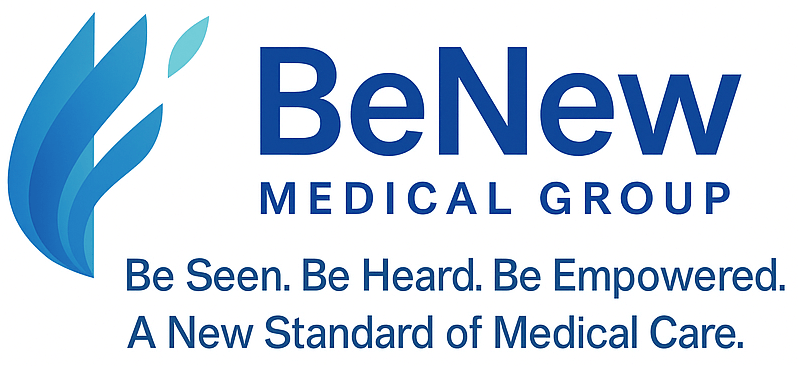Introduction
In the landscape of modern healthcare, the focus is increasingly shifting towards prevention rather than cure. Health education workshops and webinars have emerged as pivotal tools in this preventive approach, offering accessible, informative resources that can significantly reduce the burden of disease. Particularly in the realm of telemedicine, these educational initiatives play a crucial role in empowering communities, promoting health awareness, and preventing diseases.
The Importance of Health Education in Disease Prevention
Empowering Individuals
Health education equips individuals with the knowledge necessary to make informed decisions about their health. Understanding the risk factors and prevention strategies for various diseases empowers individuals to take proactive steps toward maintaining their health.
Preventive Strategy
Prevention is more cost-effective than treatment. By preventing diseases, health education workshops and webinars can save individuals and healthcare systems a significant amount of resources, reducing the economic burden of health care.
Leveraging Telemedicine for Health Education
Expanding Reach Through Webinars
Telemedicine has revolutionized the way health education is delivered. Webinars allow for wide dissemination of crucial health information, reaching a broader audience than traditional in-person workshops. This is particularly beneficial for rural or underserved communities where access to healthcare professionals and educational resources may be limited.
Interactive Workshops
Interactive workshops via telemedicine platforms engage participants more effectively by allowing real-time interaction. Participants can ask questions and receive immediate feedback, enhancing the learning experience and retention of information.
Key Components of Effective Health Education Programs
Tailored Content
The most effective health education programs are tailored to the specific needs of the audience. This includes considering the age, cultural background, and prevalent health issues of the target demographic, ensuring that the content is relevant and engaging.

Expert Involvement
Involving healthcare professionals and experts in the development and delivery of workshops and webinars ensures that the information provided is accurate, up-to-date, and clinically valid. This credibility is crucial for the effectiveness of health education.
Topics Covered in Health Education Workshops and Webinars
Chronic Disease Management
Educational programs often focus on the management of chronic diseases such as diabetes, hypertension, and heart disease. They provide strategies for monitoring and managing these conditions, significantly reducing potential complications and improving quality of life.
Nutrition and Physical Activity
Proper nutrition and regular physical activity are cornerstones of disease prevention. Workshops and webinars that focus on these topics teach participants how to incorporate healthy eating and physical exercise into their daily routines.
Mental Health
Increasing awareness and reducing the stigma associated with mental health issues is another crucial aspect of health education. Workshops can provide strategies for managing stress, anxiety, and depression, promoting overall mental well-being.
Preventative Practices
Teaching preventative practices such as vaccinations, regular health screenings, and hygiene practices can prevent the spread of infectious diseases and detect other health conditions early when they are most treatable.

The Impact of Health Education on Community Health
Community Empowerment
Educated communities are empowered communities. Knowledge about health risks and prevention strategies enables communities to advocate for better health services and policies, leading to improved community health outcomes.
Reduction in Disease Incidence
Regular health education has been shown to reduce the incidence of both communicable and non-communicable diseases by encouraging preventative behaviors and early detection.
Conclusion
Health education workshops and webinars are essential tools for disease prevention, significantly impacting public health, especially when integrated with telemedicine technologies. They provide crucial information and skills to individuals and communities, empowering them to take control of their health. As technology continues to advance, the scope and reach of these educational tools will expand, playing a vital role in the global effort to promote health, prevent disease, and enhance the quality of life for all individuals. By investing in health education, we can foster a healthier future, reducing the burden of disease and enhancing the well-being of communities worldwide.


